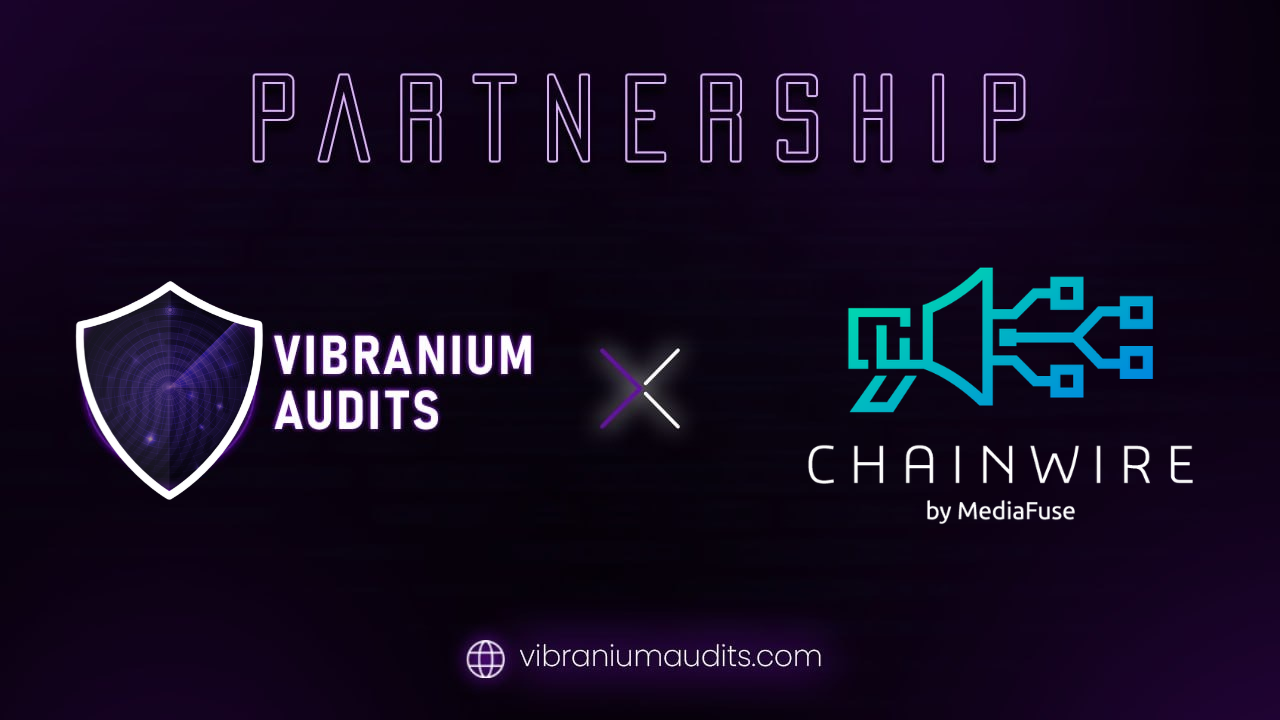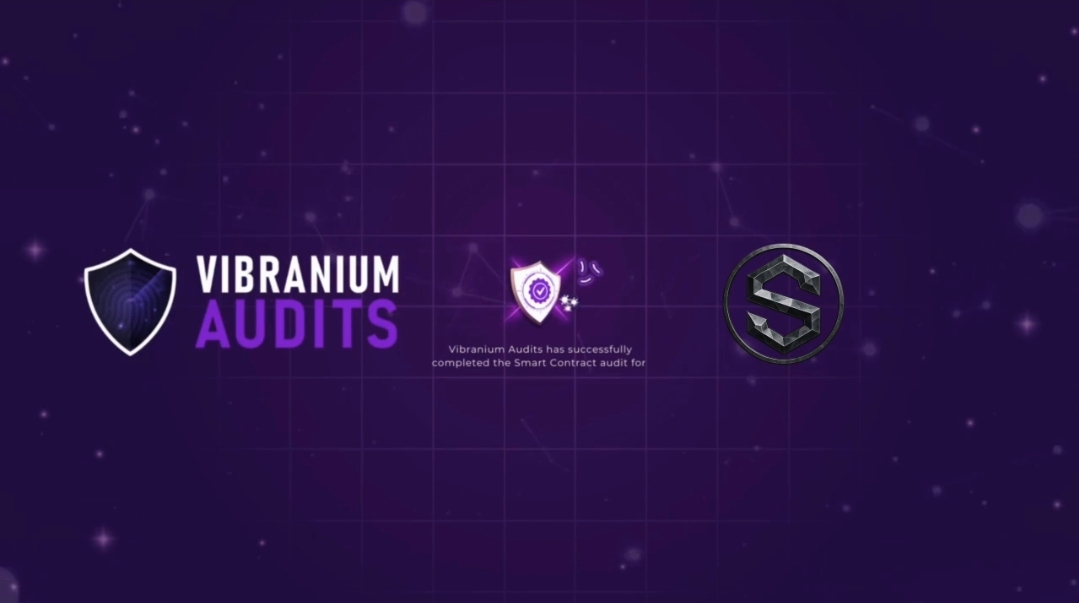Safeguarding YourBlockchain Investments: The Importance of Blockchain Audits
Introduction
Blockchain technology has rapidly gained momentum in recent yearsand has become an integral part of various industries. However, with theincreasing adoption of this technology, there has been a growing concern aboutits security and integrity. In this context, blockchain audits have emerged asa critical process to ensure the safety and reliability of blockchain systems.In this article, we will provide an in-depth analysis of blockchain audits,including their definition, working process, importance, and types.
What is a Blockchain Audit?
A blockchain audit is an independent and systematic evaluation of ablockchain system's operations and controls to ensure that they meet specificcriteria such as security, compliance, performance, and financial integrity.
With the increasing adoption of blockchain technology across variousindustries, the need for a reliable and secure system becomes more critical. Ablockchain audit provides assurance that the system is secure, efficient, andcompliant with regulatory requirements. A comprehensive blockchain auditinvolves evaluating the system's security measures, identifyingvulnerabilities, and recommending improvements to enhance its security. It alsoinvolves evaluating the system's performance, including its speed, reliability,and scalability, and recommending improvements to enhance its efficiency.
Additionally, a blockchain audit evaluates the system's financialstatements, ensuring that financial transactions are recorded accurately andcomply with accounting standards. Compliance audits ensure that the systemadheres to relevant laws and regulations, such as anti-money laundering (AML)and know-your-customer (KYC) regulations.
How does a Blockchain Audit work?
A blockchain audit is a complex and multi-step process thatinvolves several stages and activities. The following are the key stepsinvolved in a typical blockchain audit:
1. Scoping and planning: The first step in a blockchainaudit is to define the scope of the audit and plan the audit process. Theauditor will work closely with the client to identify the key areas of theblockchain system that need to be audited, the audit objectives and scope, andthe audit plan and timeline.
2. Data collection and analysis: The next step iscollecting and analyzing the blockchain system's relevant data. This mayinvolve accessing the blockchain's transaction records, smart contract codes,node configurations, and other system information. The auditor will use varioustools and techniques to extract, process, and analyze the data to identify anypotential issues or anomalies.
3. Risk assessment: Based on the data analysis, theauditor will conduct a risk assessment to evaluate the potential risks andthreats to the blockchain system. This may involve identifying weaknesses inthe blockchain's security, privacy, or governance features and regulatory orcompliance issues.
4. Testing and verification: The auditor will thenconduct various tests and verifications to evaluate the blockchain'sfunctionality, reliability, and accuracy. This may involve testing theblockchain's consensus mechanism, cryptographic algorithms, smart contracts,and transaction validation processes. The auditor may also simulate variousscenarios and use cases to evaluate the blockchain's performance andscalability.
5. Reporting and recommendations: Finally, the auditorwill prepare a comprehensive report summarising the findings of the audit andproviding recommendations for improving the blockchain system's security,compliance, and performance. The report may include detailed explanations ofthe audit process, the key issues identified, and the auditor's recommendationsfor remedial actions.
Why is a Blockchain Audit important?
As a new technology, there are risks associated with blockchainimplementation, which may pose a significant threat to its security, integrity,and reliability. Here are some reasons why blockchain audit is essential:
1. Enhancing security: auditors can identifyvulnerabilities and weaknesses in the blockchain system's security, reducingthe risk of hacking and data breaches.
2. Improving compliance: auditors can help organizationscomply with regulatory requirements.
3. Enhancing trust and transparency: auditors verify theblockchain's integrity, providing independent assurance to stakeholders.
4. Identifying operational inefficiencies: auditors canevaluate the blockchain's performance and recommend improvements to enhanceefficiency.
5. Supporting due diligence: auditors can evaluate theblockchain's value and risks, providing valuable insights for transactions.
A blockchain audit can help organizations ensure their blockchainoperations' security, compliance, and efficiency.
Types of Blockchain Audits
Several types of blockchain audits can be performed depending on anorganization's specific needs and objectives. These include:
1. Security Audits: These audits focus on identifyingvulnerabilities and weaknesses in the blockchain system's security. They evaluatethe system's encryption, key management, access control, and other securitymeasures to ensure that they meet industry standards and regulatoryrequirements.
2. Compliance Audits: Compliance audits ensure that theblockchain system complies with legal and regulatory requirements. Theyevaluate whether the system follows the relevant laws and regulations, such asanti-money laundering (AML) and know-your-customer (KYC) regulations.
3. Performance Audits: Performance audits evaluate theblockchain's performance, including its speed, reliability, scalability, andother factors that affect its efficiency. They identify any operationalinefficiencies and provide recommendations for improvements.
4. Financial Audits: Financial audits evaluate theblockchain's financial statements, including revenue, expenses, assets, andliabilities. They ensure that financial transactions are recorded accuratelyand comply with accounting standards.
5. Smart Contract Audits: Smart contract audits focus onevaluating the security and functionality of smart contracts, which areself-executing contracts with the terms of the agreement directly written intolines of code. These audits ensure that the smart contracts are secure,error-free, and perform as intended.
Conclusion
In conclusion, blockchain audits are critical for ensuringblockchain systems' security, reliability, and compliance. By conductingregular audits, businesses, and organizations can mitigate potential risks,enhance transparency and trust, and improve the efficiency and effectiveness oftheir blockchain systems. Choosing the right type of audit is essential asengaging a qualified and experienced auditor to conduct the audit. By doing so,businesses can gain confidence in their blockchain systems and assure theirstakeholders about their safety and reliability.










